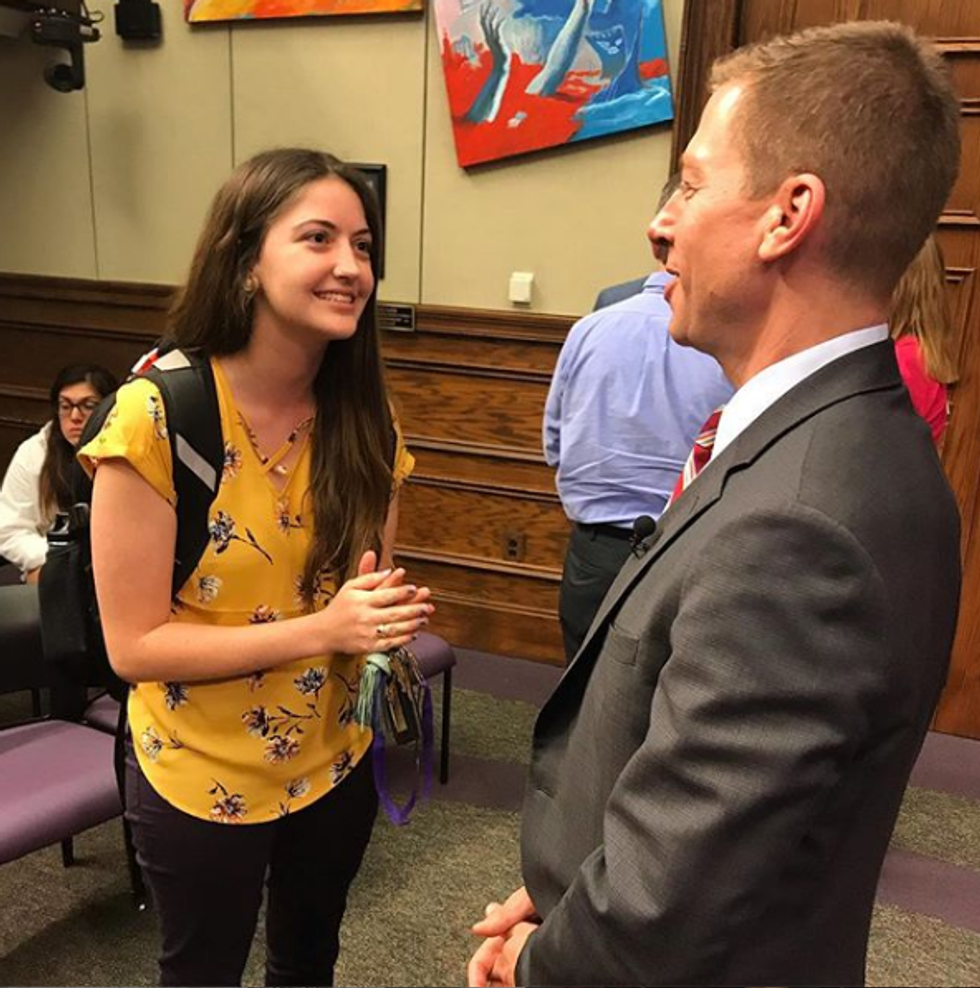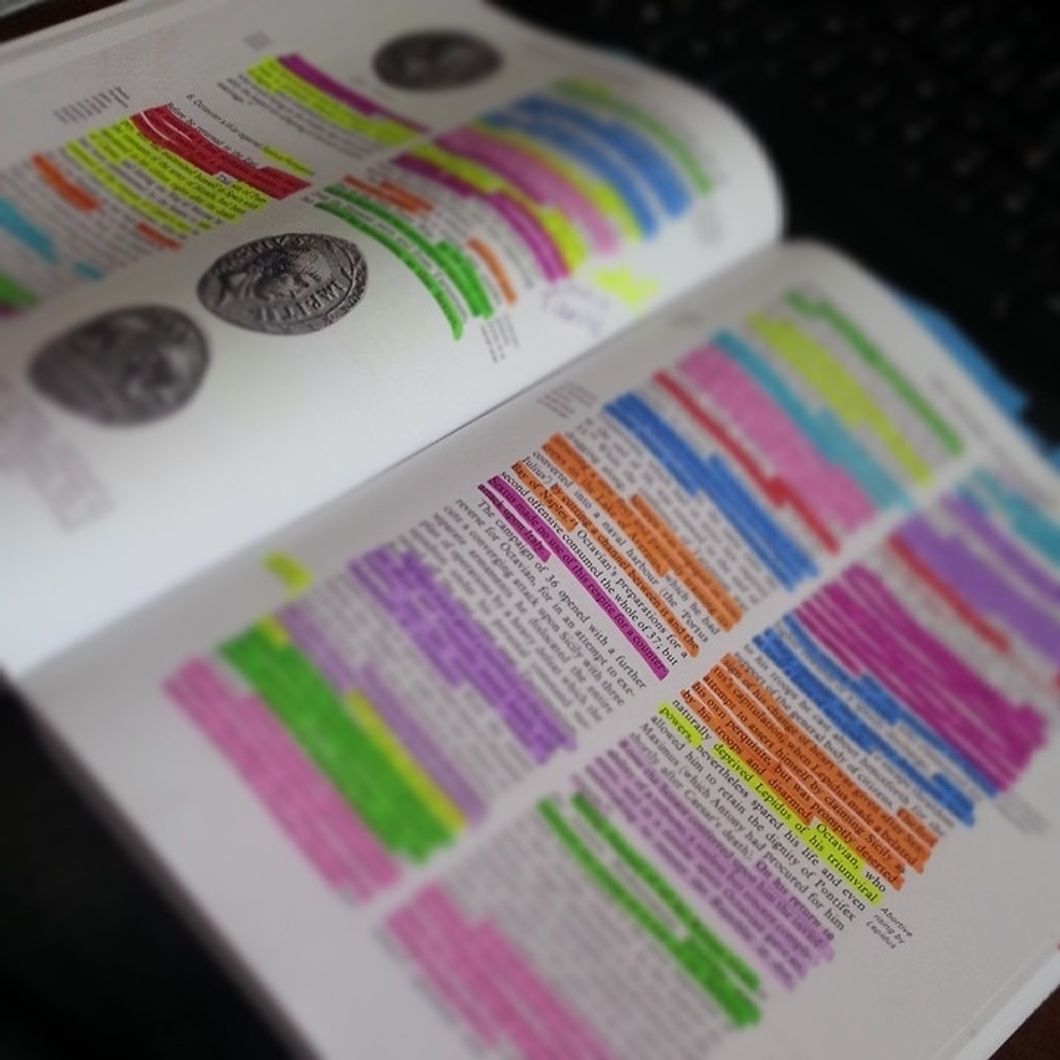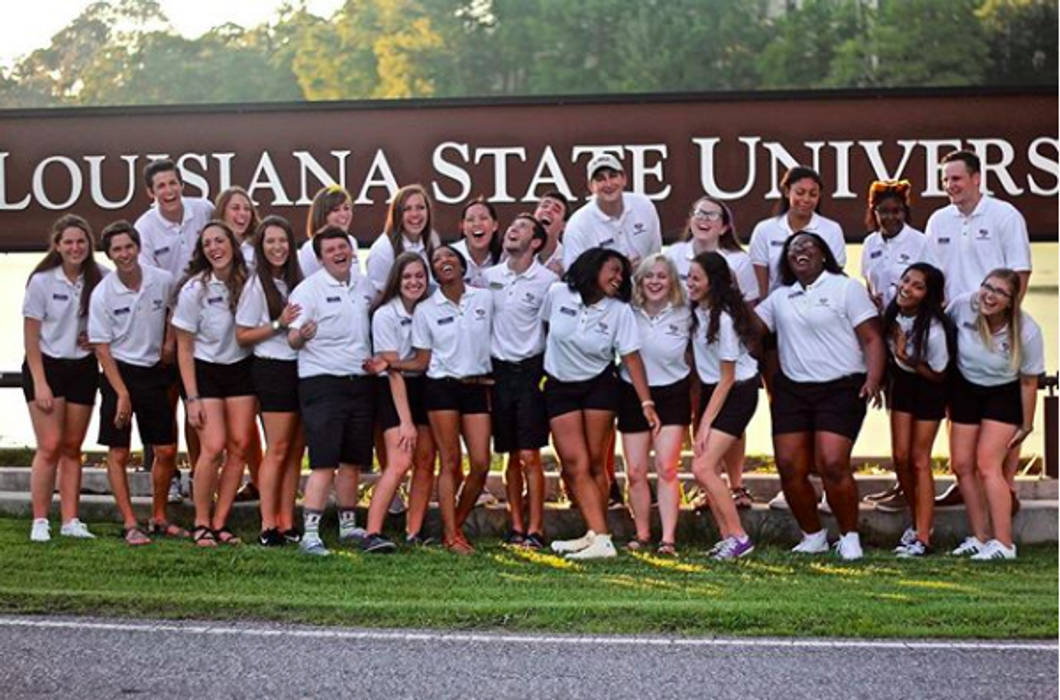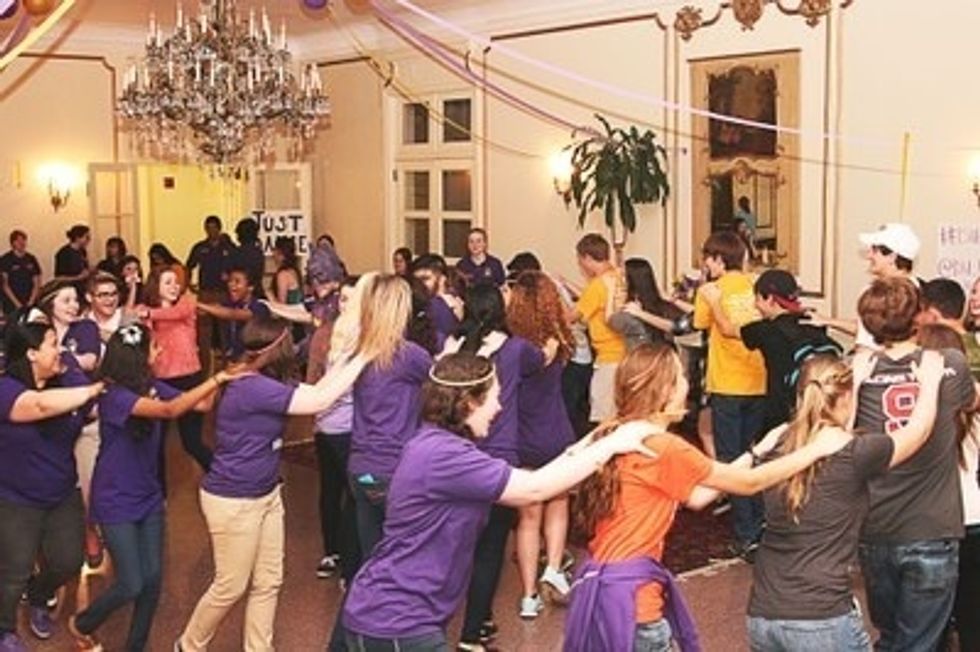'I Don't Know' Is A Valid Response To Have
We're not these magical, all-knowing entities after all.
In a world where millions of answers to different things are no more than a computer or smart phone away, shouldn't everyone know everything about everything at this point? The answer is of course not because we are people and not robots, but some people in the world are not convinced that a simple "I don't know" will suffice to a question.
As of late, I've been seeing a few people online talking about this concept. One person in particular suggested that this whole problem may stem from how, as we grow up and go through school, we're taught that we simply cannot just say "I don't know." Now obviously there's a difference between saying this just because you don't want to answer a question and an honest lack of information, but even the latter situation seems to be frowned upon.
For example, in an online debate, say the other person brings up a point that you can't respond to since it is new information. It should be perfectly OK to say "I don't know about that because I haven't done research on it." Alternatively, if you find that you're proven wrong, you should be able to say "I was speaking from a place of misinformation before, but I know now that I was wrong."
It's not a crime to not know about something. Sometimes I'll be asked about my feelings toward something, and I will respond honestly that I have no clue because I haven't processed it. When I'm asked a difficult question at work, I'll say "I don't know the answer to that question, but let me find out for you."
As I mentioned before, this phrase shouldn't be treated as a get-out-of-jail-free card, but rather a tool among your communication skills in order to foster conversations that are open, calm, and respectful. Knowledge is power, but stubborn ignorance is foolish.







































